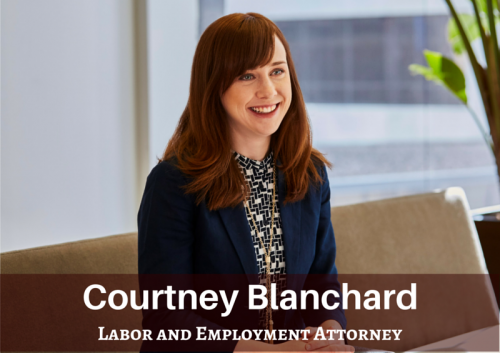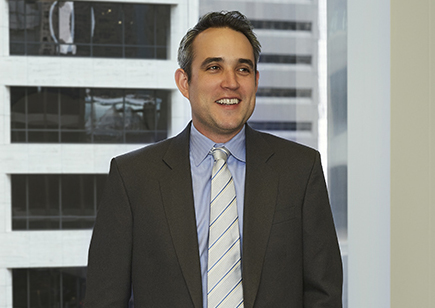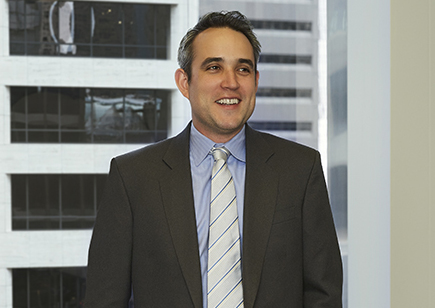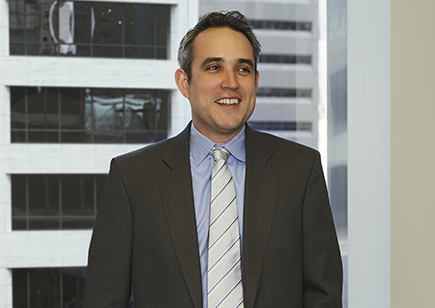
Posted May 3, 2018 with Tags Paid Sick Leave, Courtney Blanchard
Airlines Cry Foul Over Patchwork Paid Sick Leave Laws
Imagine a situation where a flight attendant wakes up in Las Vegas, flies to Washington, and catches a flight back to his or her home base in the Midwest. In Washington, there is mandatory paid sick leave law for employers …



